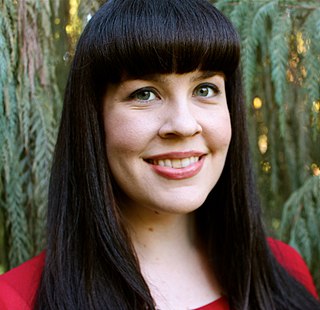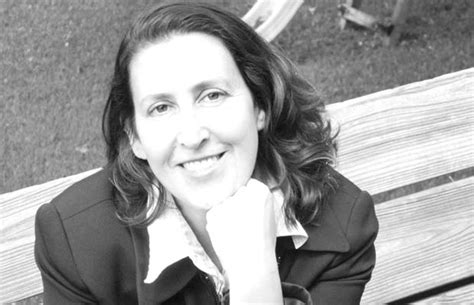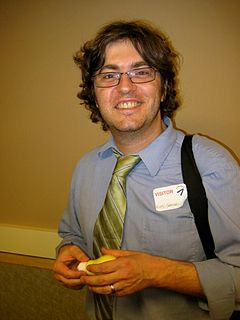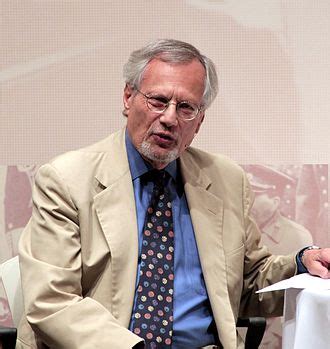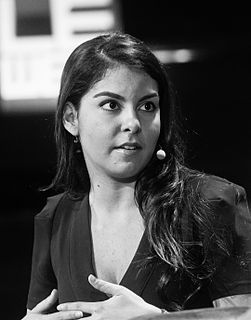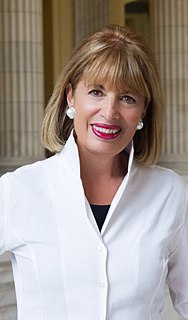A Quote by Jean Chatzky
Web banking lets you monitor your spending, tweak your budget, schedule payments, and more, particularly if you marry your online bank with the personal-finance management tools available online.
Related Quotes
Designing Online Communities is a must-have for anyone designing or researching online communities, particularly for learning. Owens' work is both comprehensive and eminently readable, a sweeping look at the technologies, design patterns, and cultural forms they produce that is both theoretically ambitious and grounded in examples and tools that will help you develop, research, and manage online communities.





